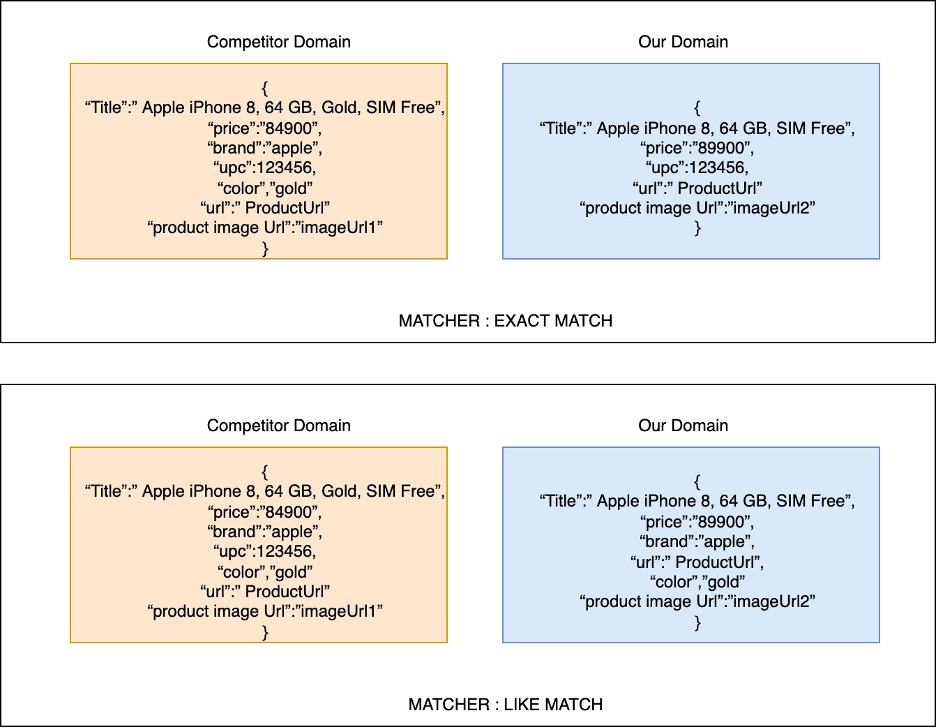Leveraging Large Language Models (LLMs for Attribute Enrichment and Detection of Low-Quality Attributes in eCommerce)
By: Priyavrath Dakua, Principal Architect, Rakuten India
In the competitive landscape of Ecommerce, having comprehensive and accurate product data is paramount. Rich product attributes not only improve search relevance but also enhance customer experience, driving higher conversion rates. However, maintaining high-quality attribute data can be challenging. Large Language Models (LLMs) such as GPT-4 offer innovative solutions for attribute enrichment and detection of low-quality attributes. By integrating LLMs with web scraping and merchant feeds, eCommerce platforms can significantly improve the quality of their product data. This blog explores how LLMs can be utilized for these purposes and provides sample workflow diagrams for better understanding.
Attribute Enrichment with LLMs
Understanding and Generating Contextually Relevant Attributes
LLMs can understand the context of product descriptions and generate relevant attributes. By training on extensive datasets, LLMs learn the relationships between various product features, enabling them to predict and fill in missing attributes accurately. For example, if a product description mentions "leather jacket," an LLM can infer attributes like "material: leather," "type: jacket," "season: winter," and "style: casual."
NLP for Attribute Extraction
The Natural Language Processing (NLP) capabilities of LLMs allow for the extraction of attributes from unstructured text. Given a product description, an LLM can extract features like color, size, material, and brand. This helps in enriching product listings with precise and comprehensive attribute data, making it easier for customers to find what they are looking for.
Enhancing Attribute Consistency
LLMs can ensure consistency in attribute naming and values across different products. They can standardize attributes by mapping synonyms and variations to a consistent format, reducing discrepancies and improving data uniformity. For example, "color: red" and "color: crimson" can be standardized to "color: red".
Detection of Low-Quality Attributes
Identifying Anomalies
LLMs can be trained to detect anomalies in attribute data. By understanding the typical patterns and values associated with specific attributes, LLMs can flag outliers and suspicious entries that may indicate errors or low-quality data. For instance, if most shoes have sizes between 5 and 12, an entry with size 25 can be flagged as an anomaly.
Scoring Attribute Quality
An LLM can be used to score the quality of attributes based on completeness, relevance, and accuracy. Attributes with low scores can be flagged for review or automated correction, ensuring that only high-quality data is presented to customers. This scoring mechanism can be based on predefined rules and machine learning models that evaluate the coherence and completeness of attribute data.
Contextual Validation
LLMs can perform contextual validation of attributes. For example, if a product listed as a "cotton shirt" has a "material" attribute indicating "polyester," the LLM can flag this inconsistency, prompting a review or correction. This ensures that product descriptions and attributes are aligned, providing accurate information to customers.
Utilizing Web Scrapers and Merchant Feeds
Web Scrapers for Attribute Collection
Web scrapers can collect product data from various sources across the web. This raw data, which includes rich attribute information, can be fed into LLMs for processing and refinement. LLMs can then extract, validate, and standardize these attributes, enriching the existing product database. Web scraping allows eCommerce platforms to gather comprehensive attribute data from competitor websites, marketplaces, and manufacturer sites.

Merchant feeds provide a stream of product data from multiple sellers. By integrating LLMs with these feeds, eCommerce platforms can continuously enrich and update product attributes. LLMs can process incoming data in real-time, ensuring that the latest and most accurate attribute information is always available. This integration helps maintain up-to-date product listings, reflecting the latest offerings from various merchants.
Cross-Referencing Data Sources
LLMs can cross-reference attributes from web scrapers and merchant feeds with existing product databases to identify gaps and inconsistencies. This cross-referencing helps in maintaining high data quality and filling in missing attributes from reliable sources. For example, if a product's material attribute is missing in the database but available in the scraped data, it can be added to the product listing.

Implementing a Robust System
Training and Fine-Tuning LLMs
To effectively use LLMs for attribute enrichment and quality detection, it is crucial to train and fine-tune them on domain-specific data. This ensures that the models understand the nuances of eCommerce product attributes and can generate and validate data accurately. Fine-tuning involves training the model on labeled data specific to the eCommerce domain, improving its ability to handle industry-specific terms and attributes.
Continuous Learning and Adaptation
The system should be designed for continuous learning. As new data comes in through web scrapers and merchant feeds, the LLMs should be retrained periodically to adapt to emerging trends and product variations. This continuous learning approach ensures that the models remain up to date with the latest market trends and product attributes.
Human-in-the-Loop Approach
While LLMs can automate much of the attribute enrichment and detection processes, a human-in-the-loop approach ensures the final layer of quality control. Human reviewers can validate flagged anomalies and low-quality attributes, ensuring the highest data integrity. This approach combines the efficiency of automation with the accuracy of human judgment.
Conclusion
Integrating LLMs with web scraping and merchant feeds offers a powerful solution for enhancing the quality of eCommerce product attributes. By automating attribute enrichment and detecting low-quality data, LLMs help create comprehensive and accurate product listings. This not only improves the search and discovery experience for customers but also drives higher engagement and sales for eCommerce platforms. As LLM technology continues to evolve, its applications in eCommerce data management will become even more impactful, leading to smarter, more efficient, and customer-centric online shopping experiences.

Priyavrath Dakua | RIEPL
August 19, 2024

